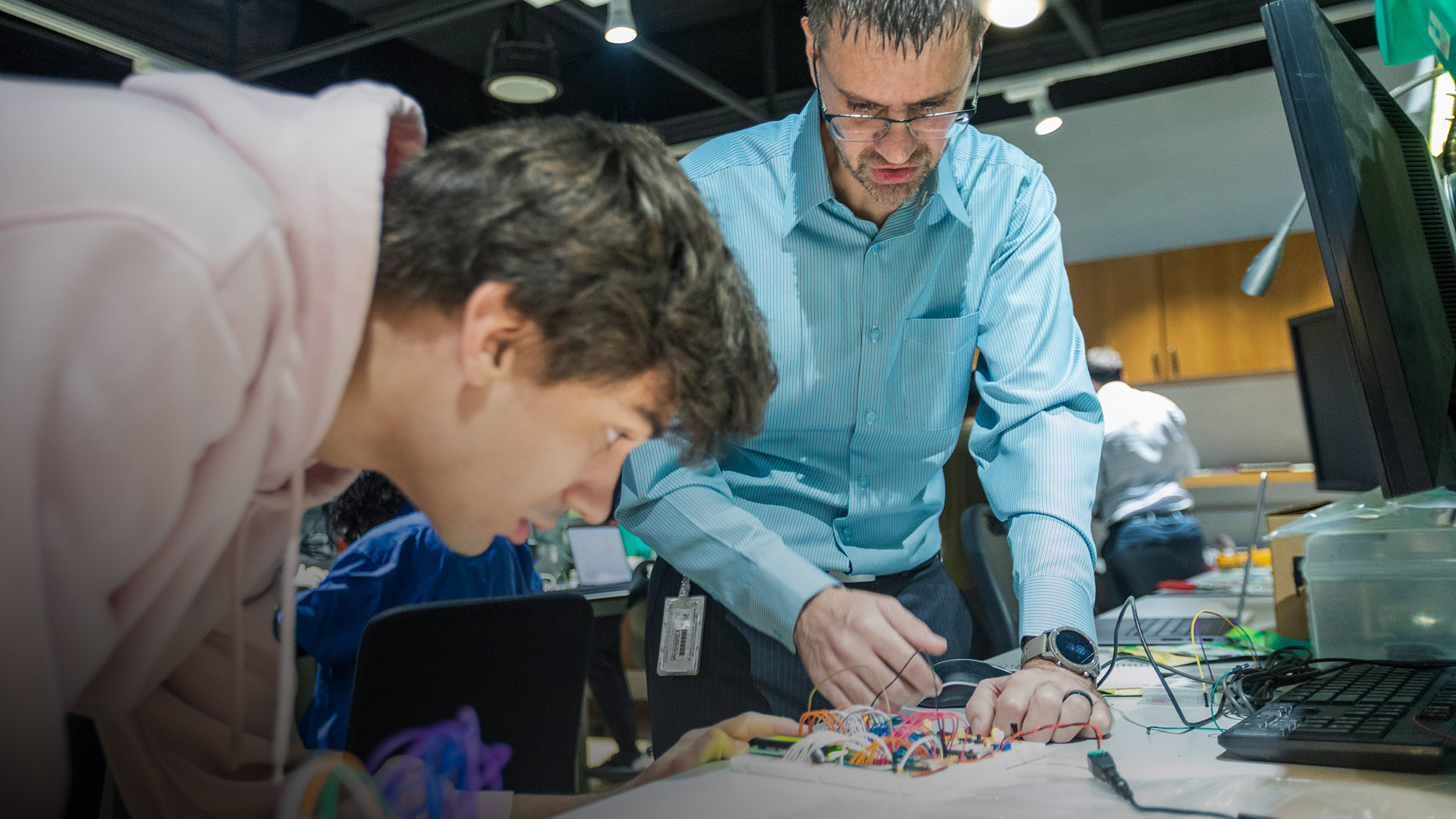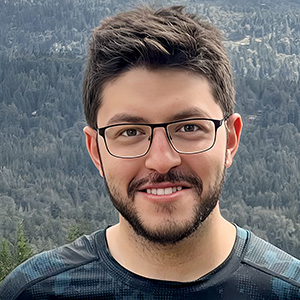صفحات جديدة باللغة العربية حصريًا قريبًا
يسرّنا الإعلان أننا نعكف حاليًا على إعداد صفحات جديدة مُصمّمة لجمهورنا الناطق باللغة العربية لتقديم تجربة استخدام متميزة ومحتوى مخصص وملائم أكثر لهم.
سنطلق هذه الصفحات المرتقبة قريبًا في الأشهر القليلة
Dedicated Arabic Pages Are Coming Soon
We're excited to announce that we are actively developing new, dedicated pages specifically designed for our Arabic-speaking users. These will offer tailored content and an enhanced experience.
Expected to launch in the next few months. Stay tuned!













